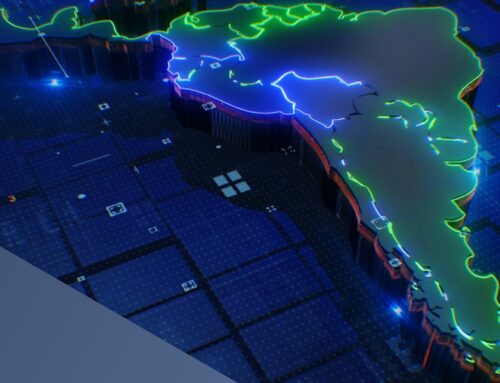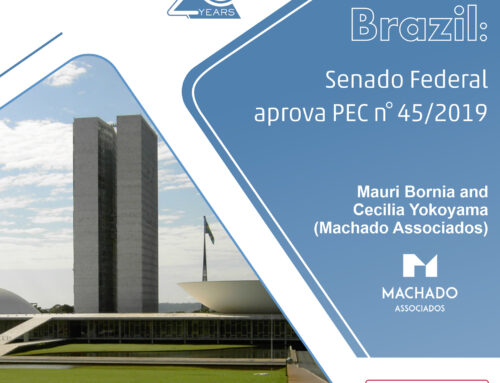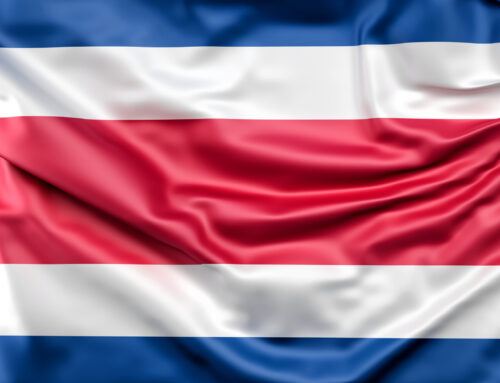Argentina: Argentine justice enables tax inflation adjustment without deferral
The suspension of the tax inflation adjustment in Argentina has led to taxation on fictitious profits in the Income Tax. Due to the high inflation rates the country has been experiencing over the last decade, this issue has produced a large number of controversies between taxpayers and the Argentine Revenue Service (“ARS”).
In 2009, the Federal Supreme Court seemed to put an end to the controversy in the leading case “Candy”, where it enabled the tax inflation adjustment in cases where the suspension of said adjustment had led to confiscatory results. Later, Argentine regulations admitted the integral adjustment for income tax purposes when certain inflation thresholds were exceeded. However, Law 27,541 indicated that for tax years 2019 and 2020 the inflation adjustment effect would be allocated gradually to the income tax calculation over a six-year period. For tax years beginning on or after January 1, 2021, taxpayers would include 100% of the negative or positive inflation adjustment in the year in which the adjustment is calculated.
In “Bio Bahía”, the Federal Court of Bahía Blanca has recently ruled against the deferral of the tax inflation adjustment and has authorized the taxpayer to apply the adjustment on fiscal year 2019 without any deferral . The decision was taken because the taxpayer managed to prove that the deferral would cause an effective tax rate of 80.22%, generating a confiscatory result in accordance with Supreme Court precedent “Candy”.
Considering the high inflation rates of Argentina (53.8% in 2019, 36.1% in 2020 and 25.3% in 2021), “Bio Bahía” is certainly an important ruling because it is the first time that the Federal Courts rule against the deferral of the tax inflation adjustment in Corporate Income Tax.
For more information, please visit www.rossoalba.com
[1] Federal Trial Court of Bahía Blanca No. 2, in re “Bio Bahía S.A. c/ Estado Nacional s/ Acción Meramente Declarativa de Inconstitucionalidad” (Docket No. 6573/2020), ruling issued on June 29, 2021.





